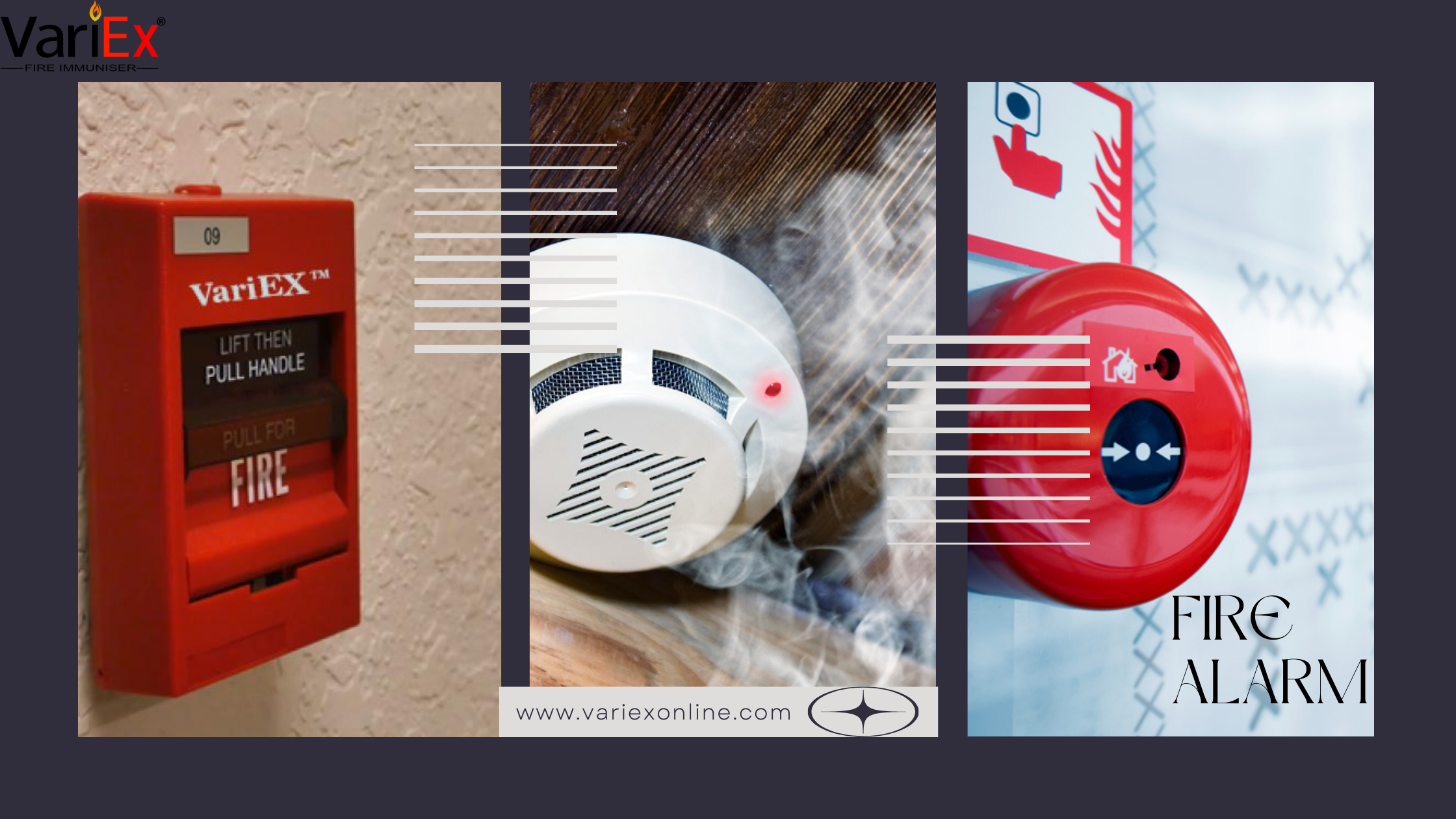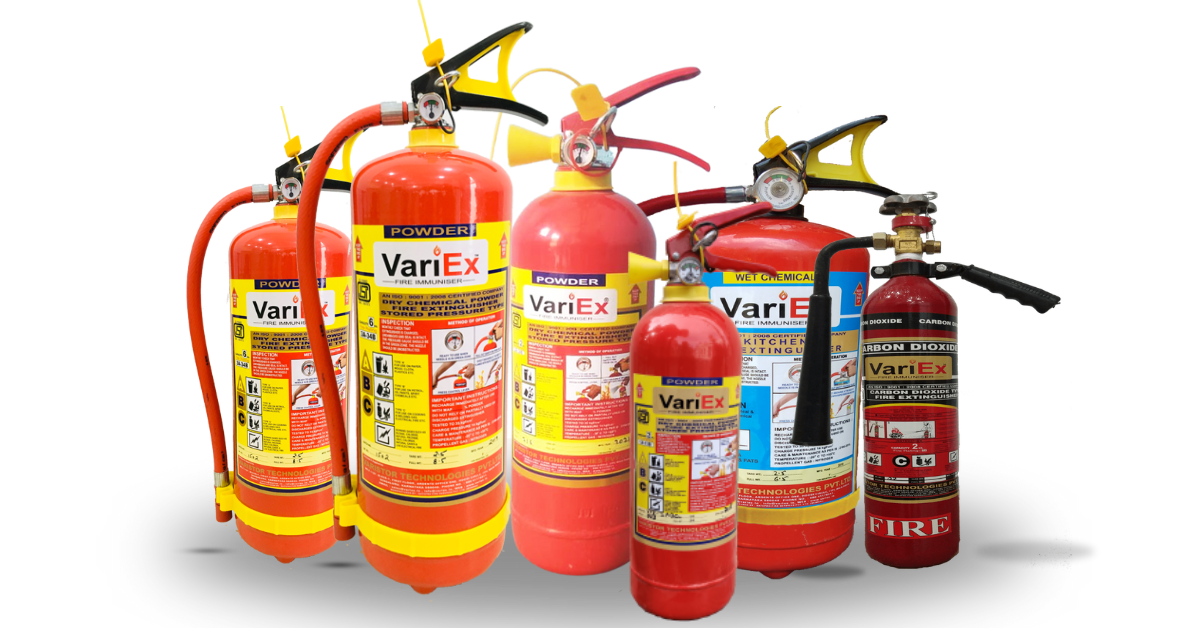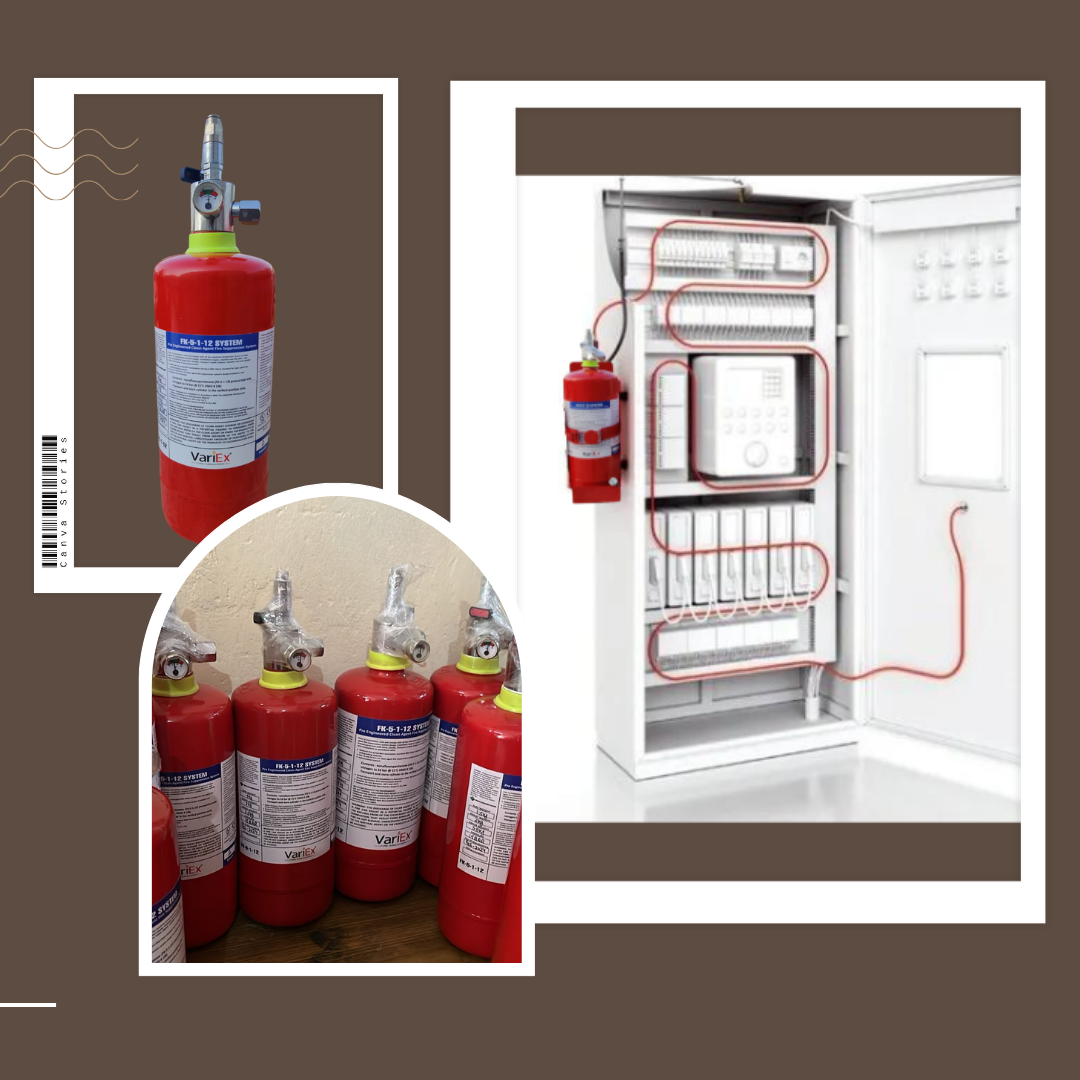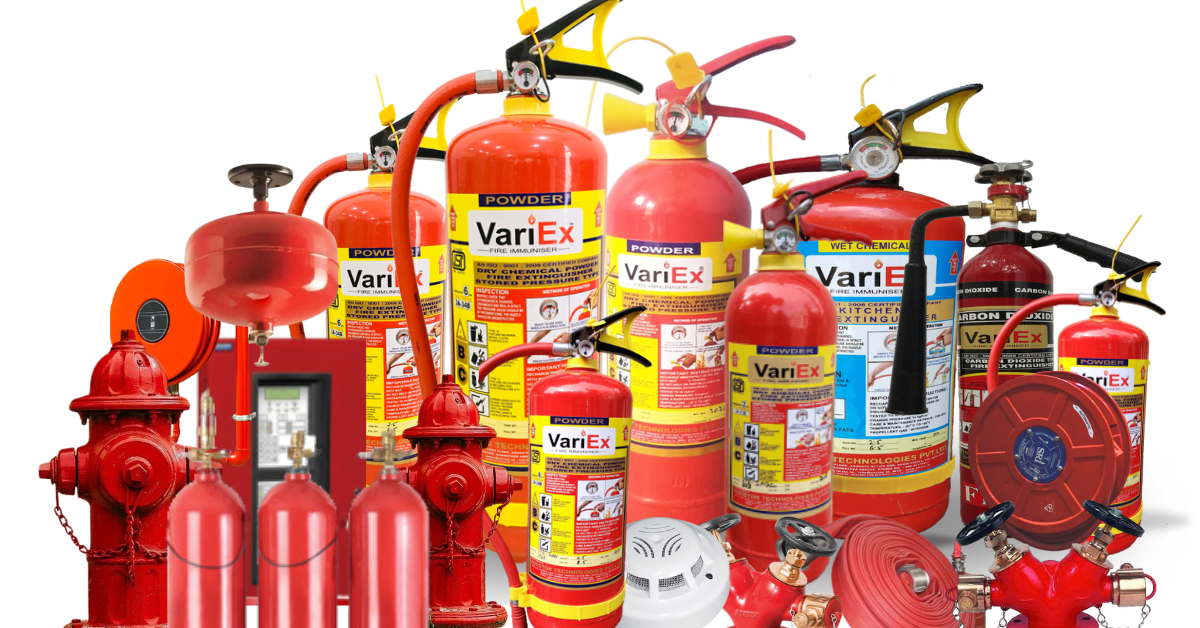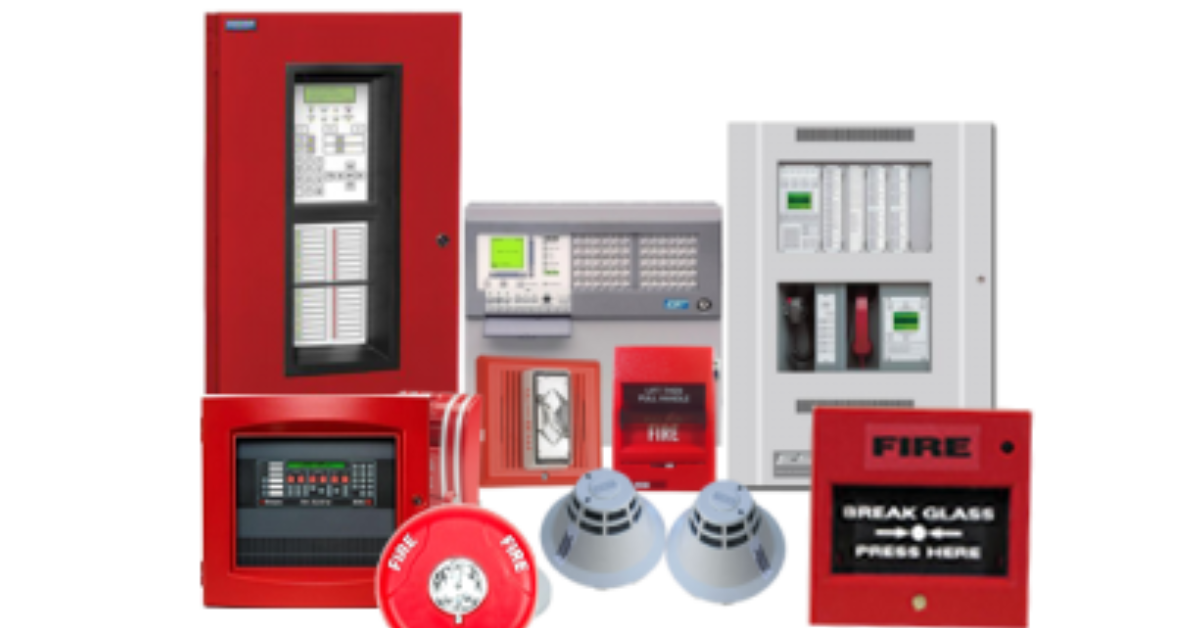![]()
Fire Immuniser
+91-7829629111
Email: info@variex.in
Varistor Technologies Pvt. Ltd.
Block-1, First Floor, Ardente Office One, Hoodi Circle, ITPL Main Road, Bengaluru, Karnataka 560048, IN
How Many Types Of Fire Alarms Are There
How Many Types Of Fire Alarms Are There
Fire alarms are essential safety systems designed to alert individuals to the presence of a fire, thereby allowing them to evacuate the premises safely and promptly. Fire alarm systems comprise different devices working together to detect and alert people when smoke, fire, carbon monoxide or other emergencies are present. However, you may be surprised to learn that there isn't just one type of fire alarm. Different types serve different functions and are best suited to different kinds of environments. This article aims to educate and inform you about the different types of fire alarms available and their unique functions, helping you make a more informed decision when it comes to your fire safety needs.
Conventional Fire Alarms
The most basic type of fire alarm system is the conventional fire alarm. This type of system features numerous detection zones hard-wired into the control panel. When a detector or call point is triggered, the panel is able to determine which circuit contains the triggered device and consequently identify the zone. However, it lacks precision as it does not allow for the exact location of the fire to be identified. Conventional alarms, while cost-effective, are best suited for smaller properties where pinpointing the specific location of the alert is not critical.
Addressable Fire Alarms
Advanced and more intelligent than the conventional version, addressable fire alarms, also known as intelligent fire alarms, have each of their components assigned a specific 'address'. The address allows the fire alarm’s central control system to identify precisely which detector or call point has been activated. This degree of precision is vital for larger premises, as it permits immediate identification of the area in danger. While they may be more expensive, the enhanced monitoring capabilities and error notifications make these alarms worth the investment, particularly in larger buildings.
Analog Addressable Fire Alarms
A more advanced version of addressable fire alarms, analog addressable fire alarms, use detectors that communicate a range of data to the control panel, rather than solely alarm conditions. This information can include smoke density, heat detection rates, and more. Such alarms provide a more comprehensive manner of monitoring, allowing for earlier detection and more efficient response to potential fires. These systems are known for their flexibility and accuracy.
Wireless Fire Alarms
Wireless fire alarms operate similar to their hard-wired counterparts but communicate with the central control system through radio signals rather than wires. This eliminates the need for costly and intrusive installation processes. While more expensive than conventional systems, wireless alarms offer greater flexibility and faster installation, making them an ideal choice for historic buildings or temporary installations where minimal disturbance is a priority.
Two-Wire Fire Alarms
Also known as ‘two-wire’ or ‘bi-wire’ alarms, these systems simplify the wiring process by combining the detection and alarm phase into one circuit. Detectors and alarm devices are connected to the same pair of wires, which can be looped around a site to both identify and signal a fire. These are easy to install and more cost-effective than multiple wired systems, making them well-suited for smaller premises.
Heat Detectors
Rather than detecting smoke, these detectors sense changes in temperature and respond when a temperature threshold is reached. There are two types: rate-of-rise detectors and fixed temperature detectors. Rate-of-rise detectors respond when the temperature increases rapidly, while fixed temperature detectors react when a set temperature is reached. These types of fire alarms are best suited for kitchens, or other areas where smoke may be a regular occurrence that doesn't necessarily indicate a fire.
Conclusion
Understanding the different types of fire alarms can significantly impact your safety and fire readiness. Whether it's conventional fire alarms or more complex systems like analog addressable or wireless fire alarms, each type has its unique strengths and practical applications. The appropriate alarm selection depends on several factors such as building size, fire risk level, available budget, and specific industry regulations. When selecting a fire alarm system, rigorous planning and consultation with fire safety professionals are essential to ensure optimal protection for any given premises. Remember, fire alarms are more than just a legal requirement – they're life-saving devices. Therefore, investment in the right system is always conducive to ensuring safety and peace of mind.
Explore our products Range
Final Say
At VariEx.in and VariexOnline.com, we specialize in supplying and installing top-quality fire fighting systems and equipment. From fire extinguishers to advanced suppression systems, we offer comprehensive solutions tailored to your needs. Our experienced team ensures precise installation and maintenance for optimal safety.
Trust VariEx for reliable fire protection. Contact us online or call 7829629111 to learn more.
"WHAT YOU CAN READ NEXT"
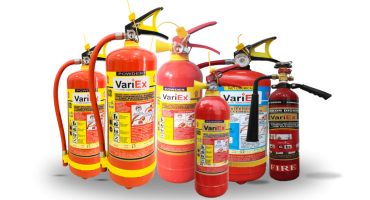 Read more +24 November 2023 in Fire Extinguisher
Read more +24 November 2023 in Fire ExtinguisherWhat types of fire extinguishers are available for different fire classes?
 Read more +11 April 2025 in Fire Suppression
Read more +11 April 2025 in Fire Suppression

